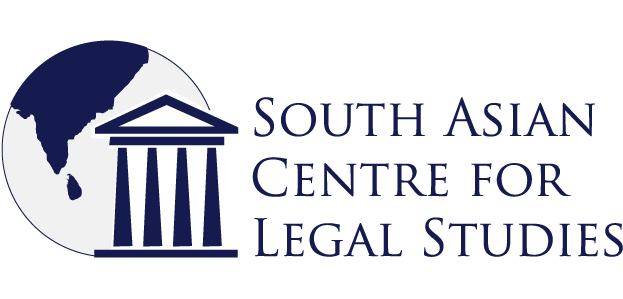by South Asia Centre for Legal Studies, Colombo, September 27, 2016
 Despite land grabbing being a common feature of many armed conflicts and an integral part of discriminatory policies against minority groups, it is insufficiently addressed in post-conflict or transitional justice accountability processes. While truth-commissions, in particular the Truth Commission in El Salvador, have highlighted that land confiscation often constitutes a root cause and a long lasting consequence of armed conflicts, these acts are generally not considered as international crimes and therefore not prosecuted as such. This has granted a measure of impunity to the practice. However, recent developments seem to indicate a growing acceptance that land grabbing may in itself constitute an international crime. This is the result of persistent activism on this issue in places such as Cambodia and Sri Lanka.
Despite land grabbing being a common feature of many armed conflicts and an integral part of discriminatory policies against minority groups, it is insufficiently addressed in post-conflict or transitional justice accountability processes. While truth-commissions, in particular the Truth Commission in El Salvador, have highlighted that land confiscation often constitutes a root cause and a long lasting consequence of armed conflicts, these acts are generally not considered as international crimes and therefore not prosecuted as such. This has granted a measure of impunity to the practice. However, recent developments seem to indicate a growing acceptance that land grabbing may in itself constitute an international crime. This is the result of persistent activism on this issue in places such as Cambodia and Sri Lanka.
In 2014, a law firm submitted a Communication to the ICC Office of the Prosecutor on behalf of Cambodian victims of land grabbing. The Communication argues that violent acts such as forcible transfers of population, murder, illegal imprisonment, persecution and other inhuman acts committed since July 2002 in the context of large scale illegal expropriation of land constituted crimes against humanity. While the submission does not allege that the expropriation itself was an underlying act of crimes against humanity, it links the expropriation of land to the commission of international crimes. It thereby draws international attention to the issue and to the plight of 77,000 people forcibly and illegally displaced.
A few months prior to the submission of the Communication to the ICC in the Cambodian case, a report on Sri Lanka went further and argued that the confiscation and illegal occupation of private land in the Northern Province of Sri Lanka amounted per se to crimes against humanity. The report published by the Sri Lankan Campaign for Peace and Justice in March 2014 and authored by SACLS argues that the illegal acquisition and occupation of private land by the military up to 2014 led to severe violations of fundamental rights of thousands of Tamils from this Province. It further highlights the systematic and widespread nature of the land occupation and argues that it was carried out pursuant to a state policy and on a discriminatory basis. The report therefore concludes that the illegal occupation of private land by the military in this province constituted the crime against humanity of persecution.
Even though the claim made by the report on Sri Lanka may have appeared a stretch at the time, it was supported by legal precedent. In fact, the ICTY Trial and Appeal chambers in Blaskic recognized that that persecution may include forms of confiscation or destruction of private dwellings or businesses. New developments at the ICC this month further lend credence to this position. In a policy paper on ‘Case selection and Prioritization’, the ICC Prosecutor’s Office committed to “give particular consideration to prosecuting Rome Statute crimes that are committed by means of, or that result in, inter alia, […] the illegal dispossession of land. The policy paper therefore recognizes that international crimes are not confined to mass violations of bodily integrity and can be committed through the illegal dispossession of land. It further reasserts the importance of combatting impunity for crimes of this nature. This is particularly significant in countries like Sri Lanka where the perception that land dispossession is a mere rights violation and may not amount to criminal conduct is directly linked to impunity for the practice. While some private lands previously occupied by the military have been released since 2015, thousands of acres of private land in the Northern and Eastern Provinces are still occupied by the military. It is therefore important that Transitional Justice in Sri Lanka deals specifically with the issue of land grabbing and does so with the explicit aim of bringing an end to the practice and holding accountable those responsible for these crimes.